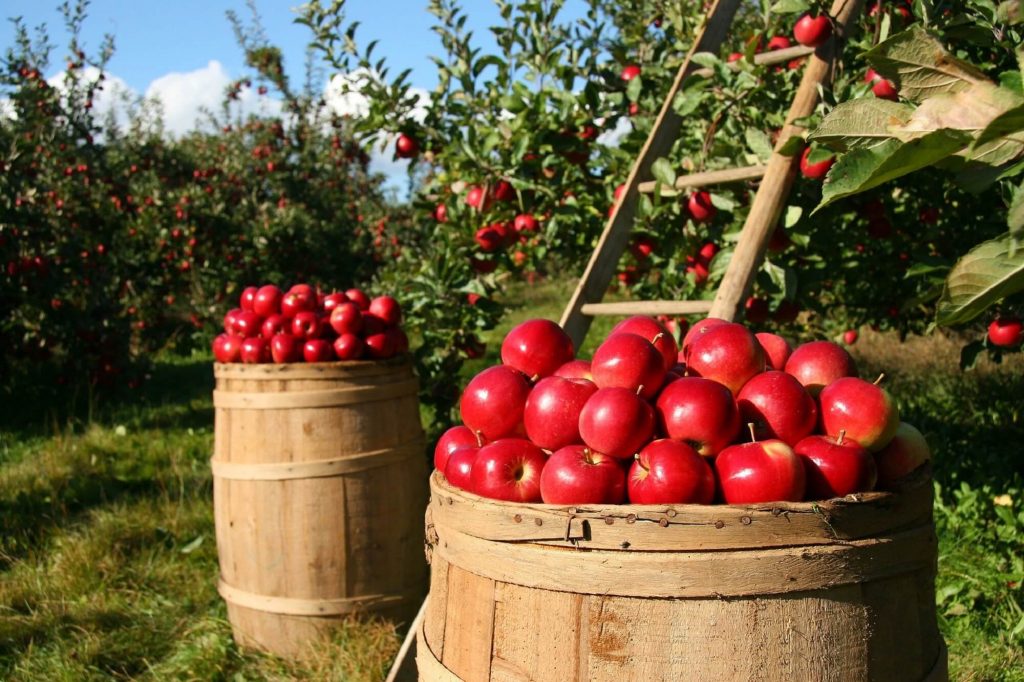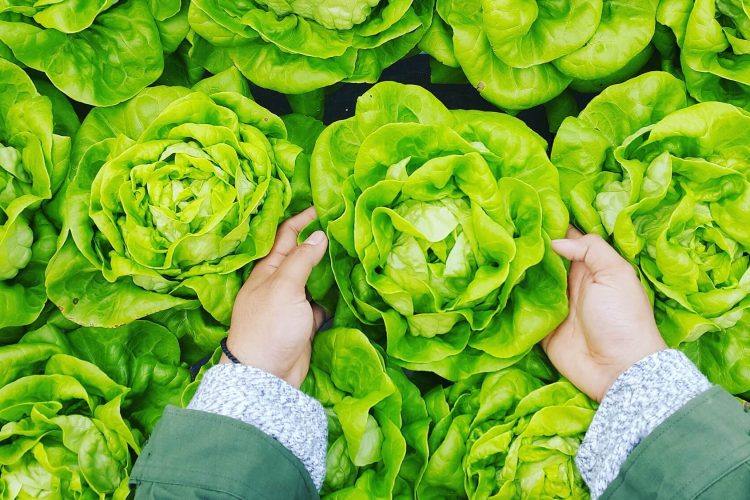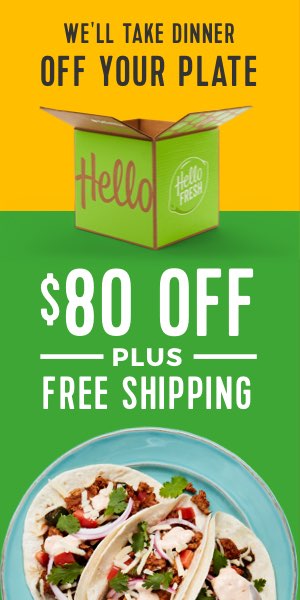In the era of eco-friendly everything, using a meal kit delivery service may appear to be counter-intuitive. After all, can a delivery service be a better alternative than a trip to the grocery store? Yes, it can. Sourcing, packaging, and delivering meal kits are not carbon neutral activities, but recent research suggests using a meal kit delivery service may be better for the planet than traditional shopping.
A More Streamlined Process
A recent study in Resources, Conservation, and Recycling found that from the field to the compost heap, the amount of energy spent using a meal kit delivery service was 33% less than the comparable meal from a traditional grocery store. According to NPR, the reasons for this significant decrease are two-fold:
- the ability of these services to streamline production
- a delivery process producing less waste and more efficiency

Sustainable and Proud
Meal delivery kit companies want to show that they are an ecologically friendly option. Using innovative packaging and a commitment to practicing sustainability, these companies make great food available, sustainable, and reduce waste. Based on a review of the top 5 delivery companies, sustainable practices cover two main areas:
1. Sourcing
Each of the top delivery services prides themselves on getting their meat, fish, and produce from organic and natural sources. They are committed to working with farmers, ranchers, and producers who, in turn, are committed to supporting the environment in ways that will feed and sustain the planet. For instance, some services use Seafood Watch® for recommendations on sources of sustainable fish populations. Using fisheries whose fish are not being over-fished, meal kit services contribute to its continued health and wild fish populations alike, ensuring fish is available for years to come.

Working with organic and, when possible, local farmers and ranchers to bring fresh produce and quality meat to consumers, these services are investing not only in the food itself but also the industries that are trying to make sure that food is available and sustainable for all.
2. Packaging
The main concern about delivery services is the amount of packing needed to deliver fresh food to consumers each week. With few exceptions, meal kit services provide their goods in boxes and bags made from mostly recycled materials (or 100% recycled material). From the little containers that condiments and spices come into the ice bags used to insulate and keep food fresh, each piece leaves an as low carbon footprint as possible and to send minimum waste to the landfills.
Kits Are Cutting Edge
Meal kit delivery services recognize they are in a position to make a significant contribution to food production and distribution. With a focus on quality, efficiency, and sustainability, these delivery services are taking a bite out of the impact of the traditional food supply chain, and, as Martha Stewart would say, it is a good thing!





